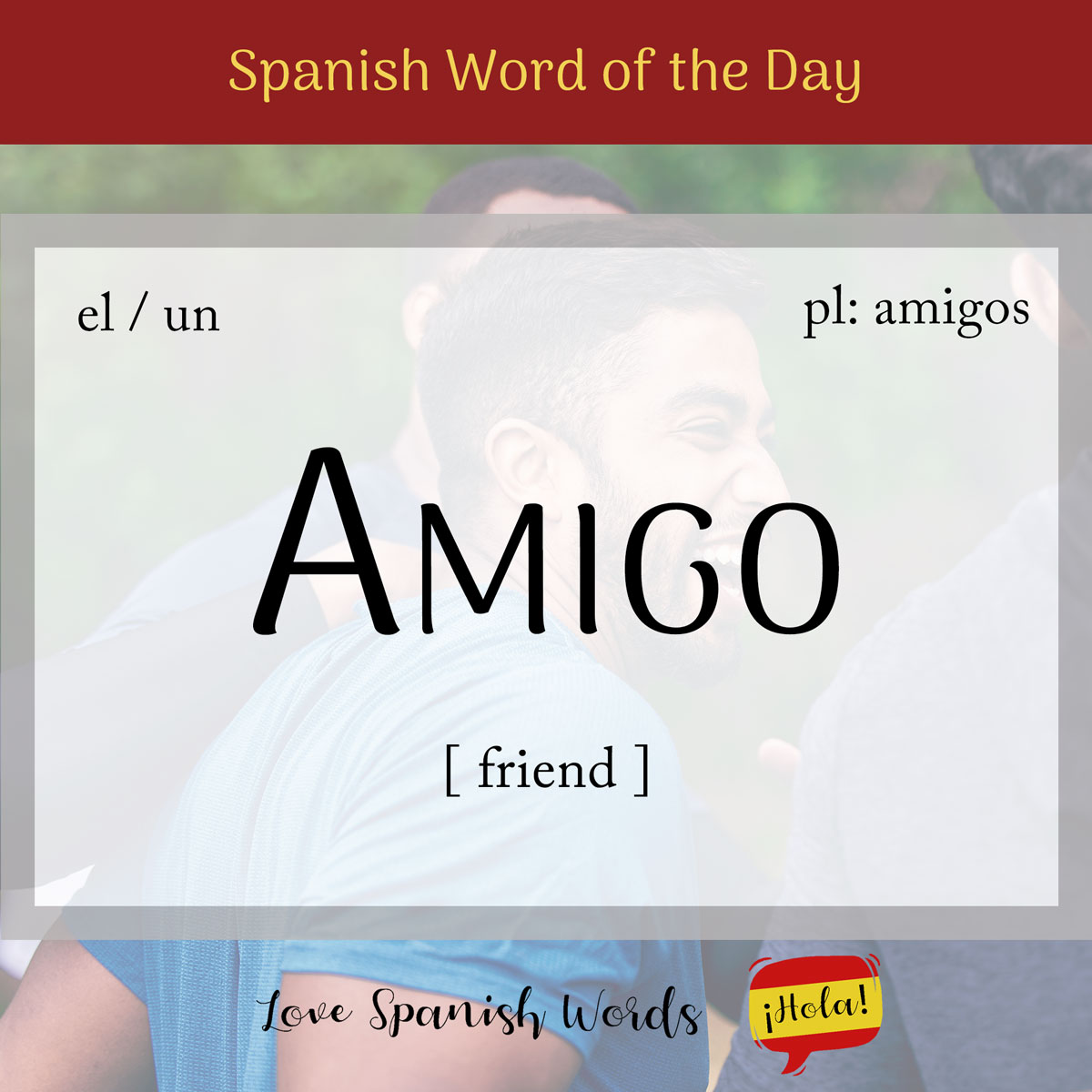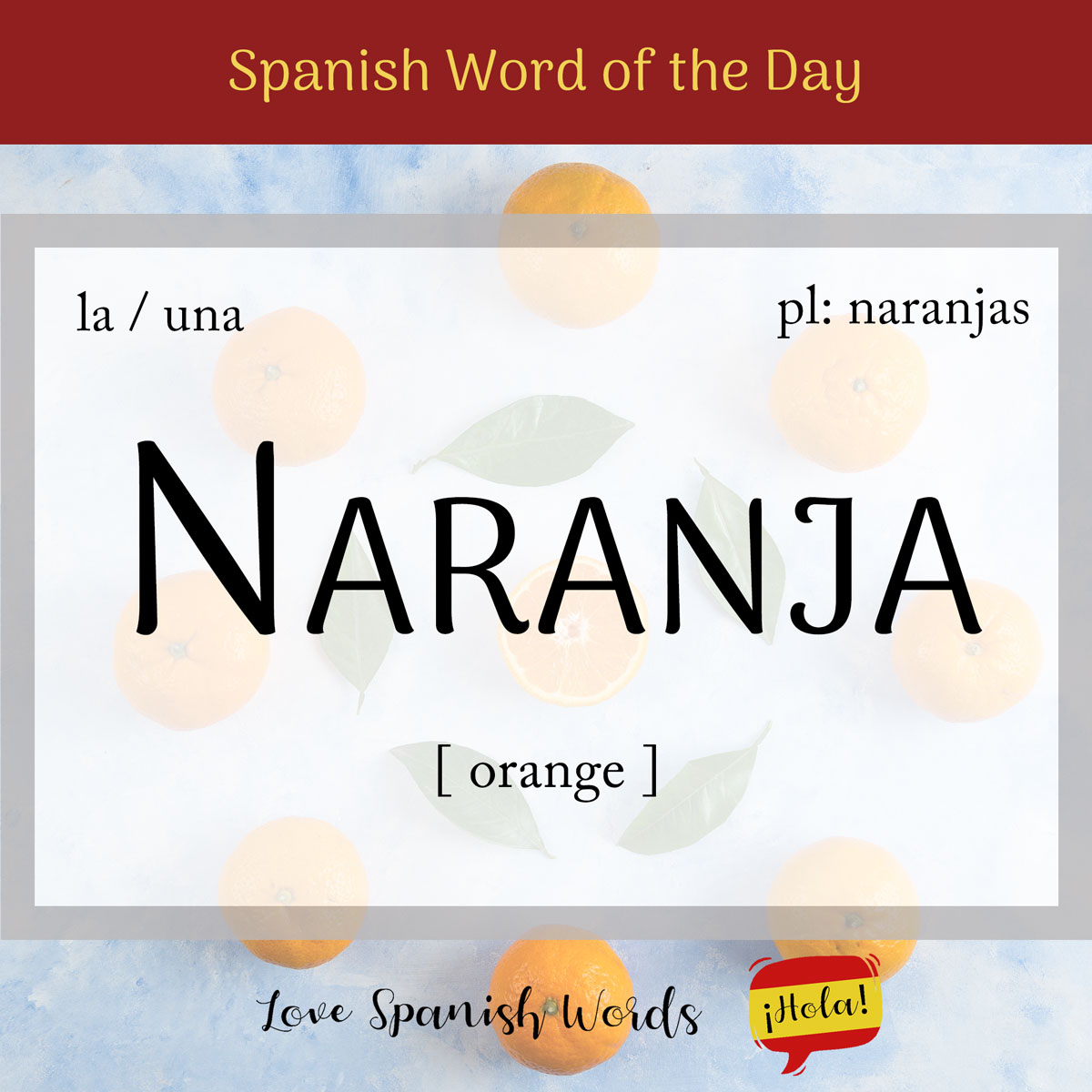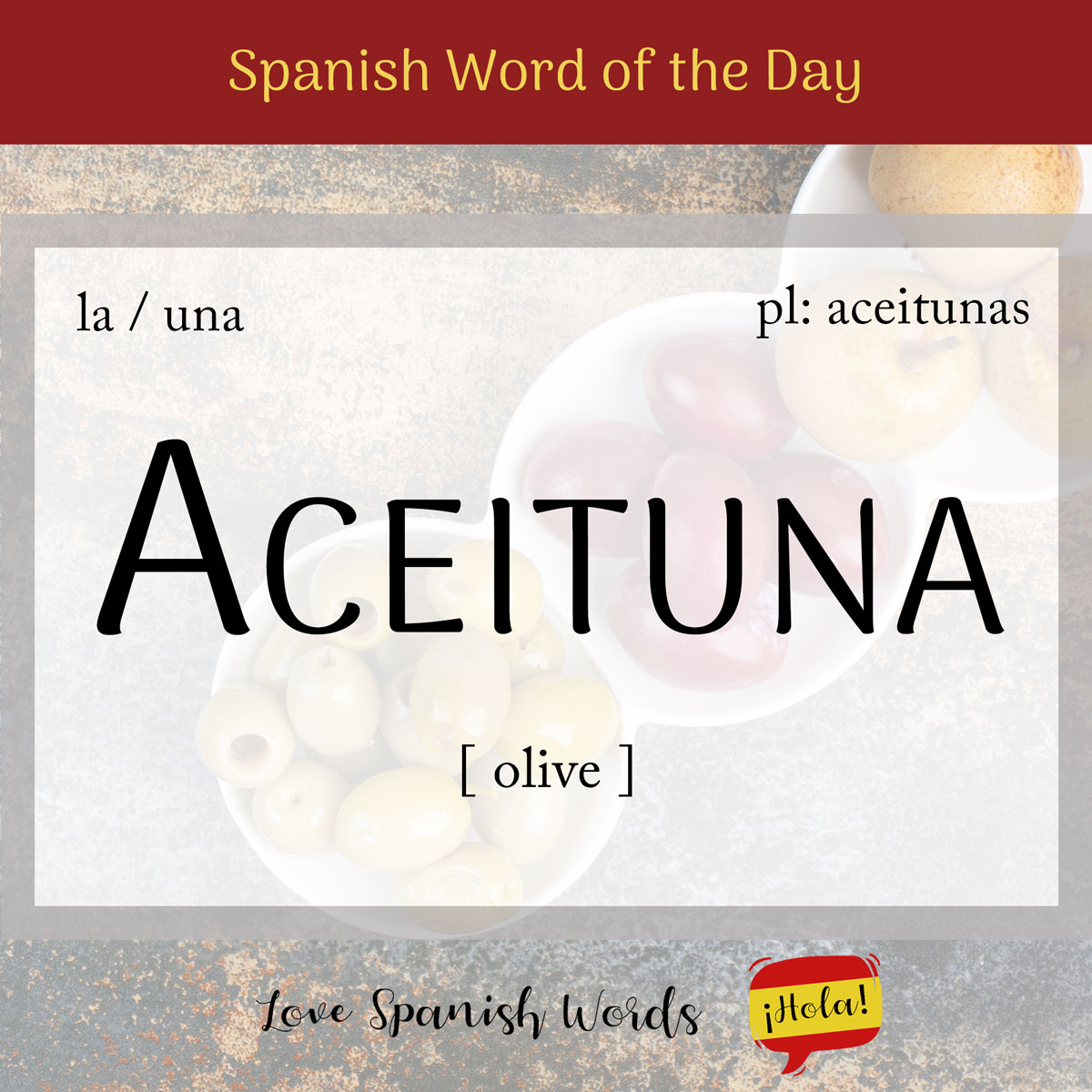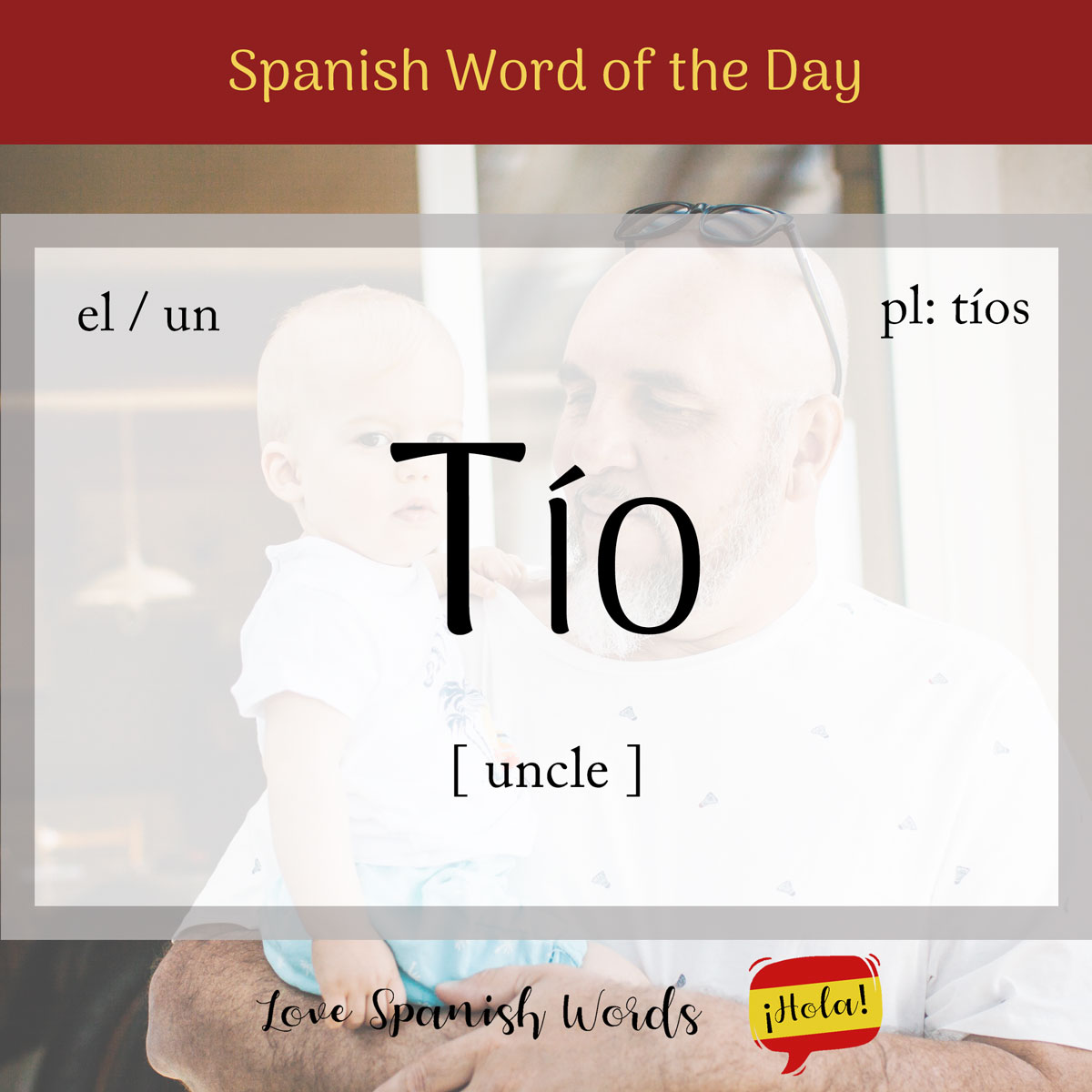Spanish Word of the Day: Amigo (friend)
The Spanish word for friend, amigo, originally comes from the Latin amīcus, meaning friend, which is derived from amare (to love). Latin American pronunciation European pronunciation Amigo is a masculine noun and takes the following definite and indefinite articles: Este es mi amigo José. This is my friend José. The feminine version of the word …






